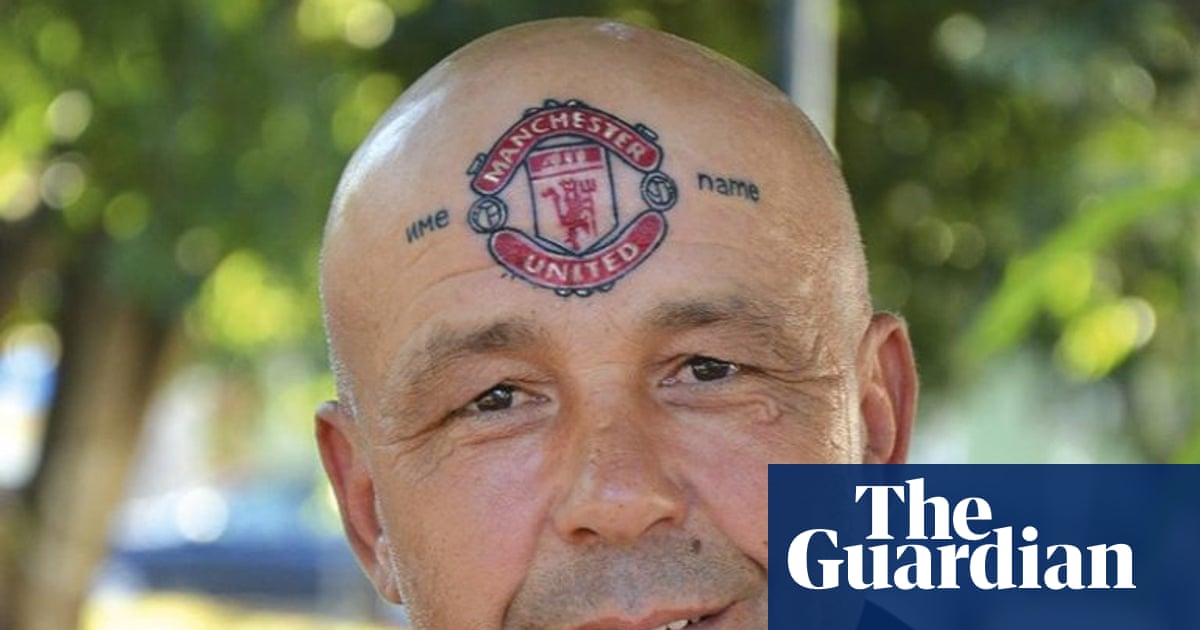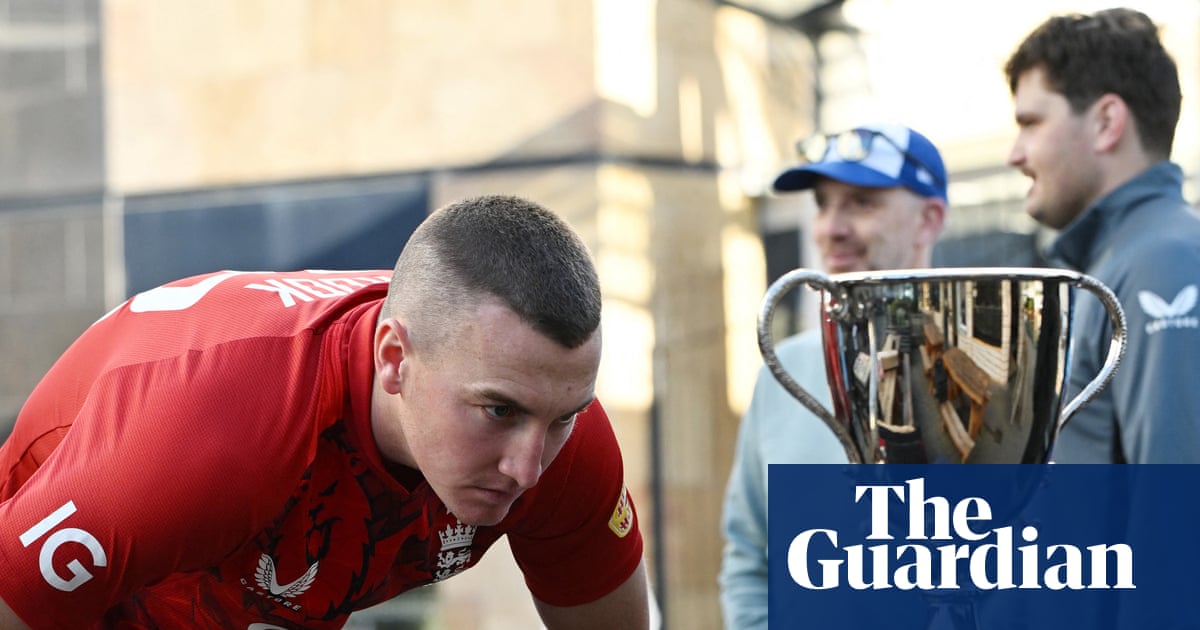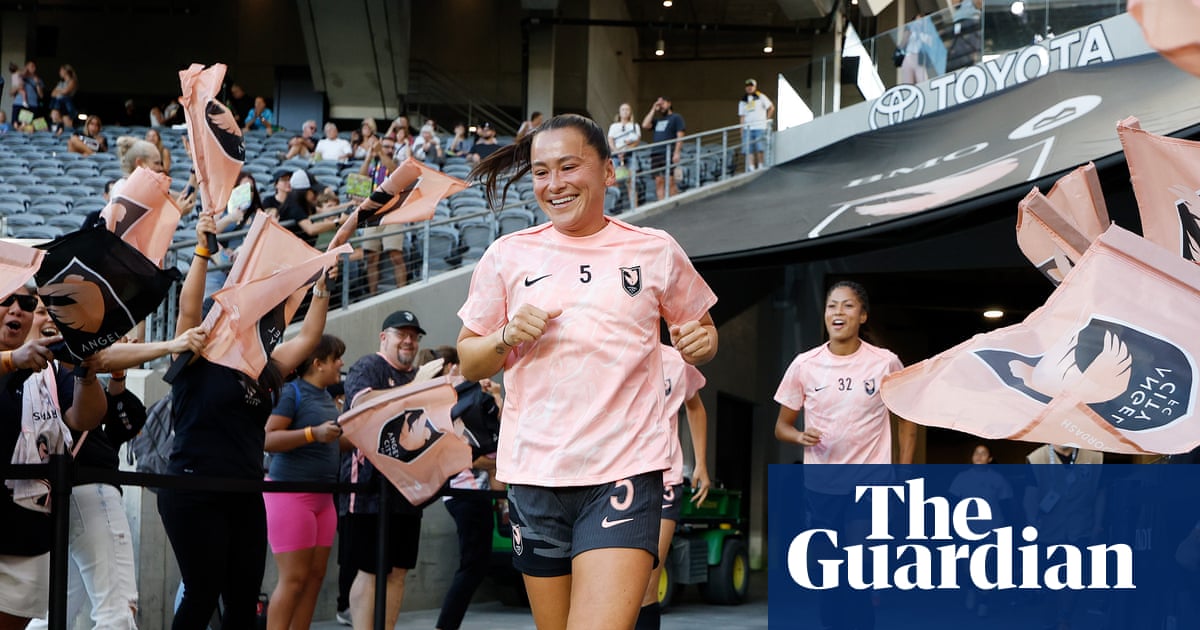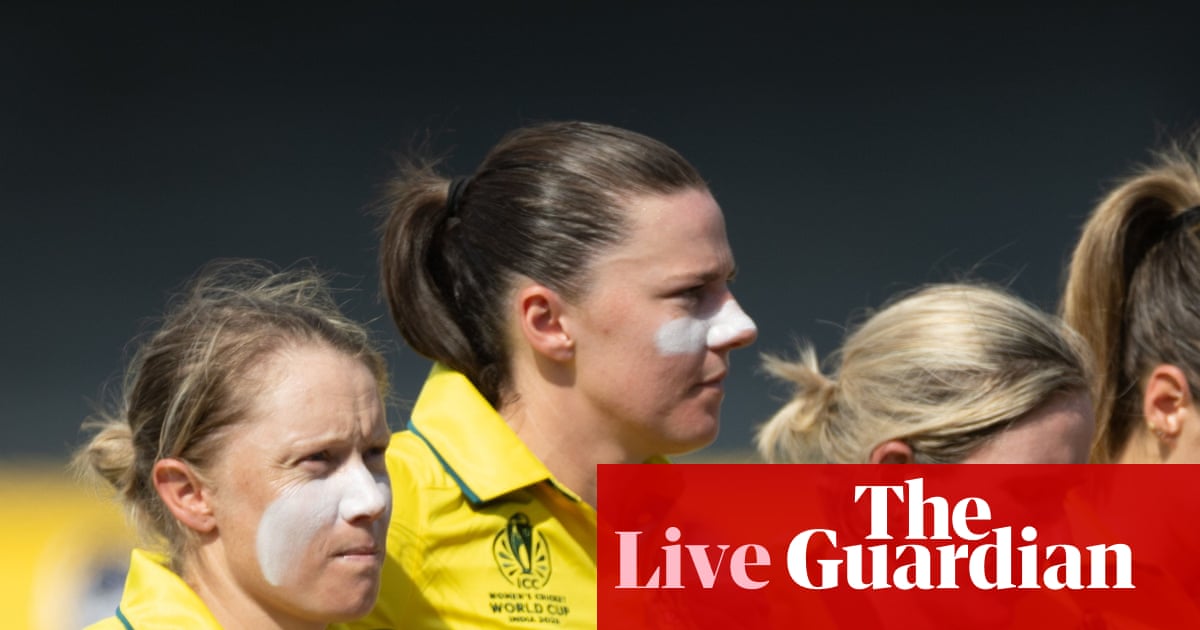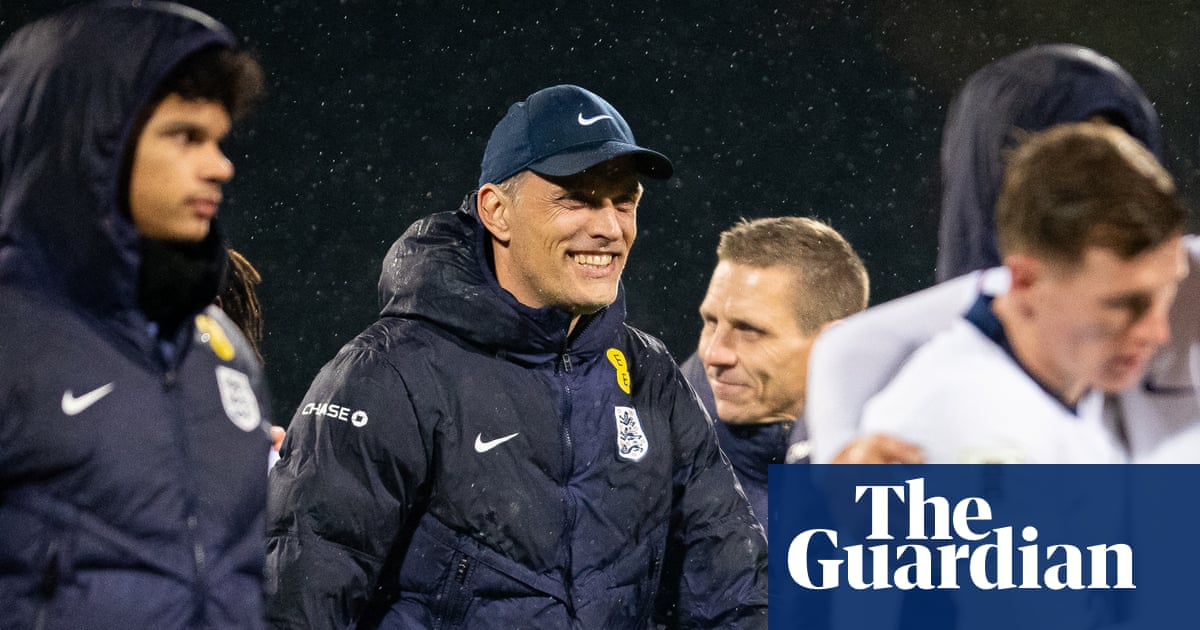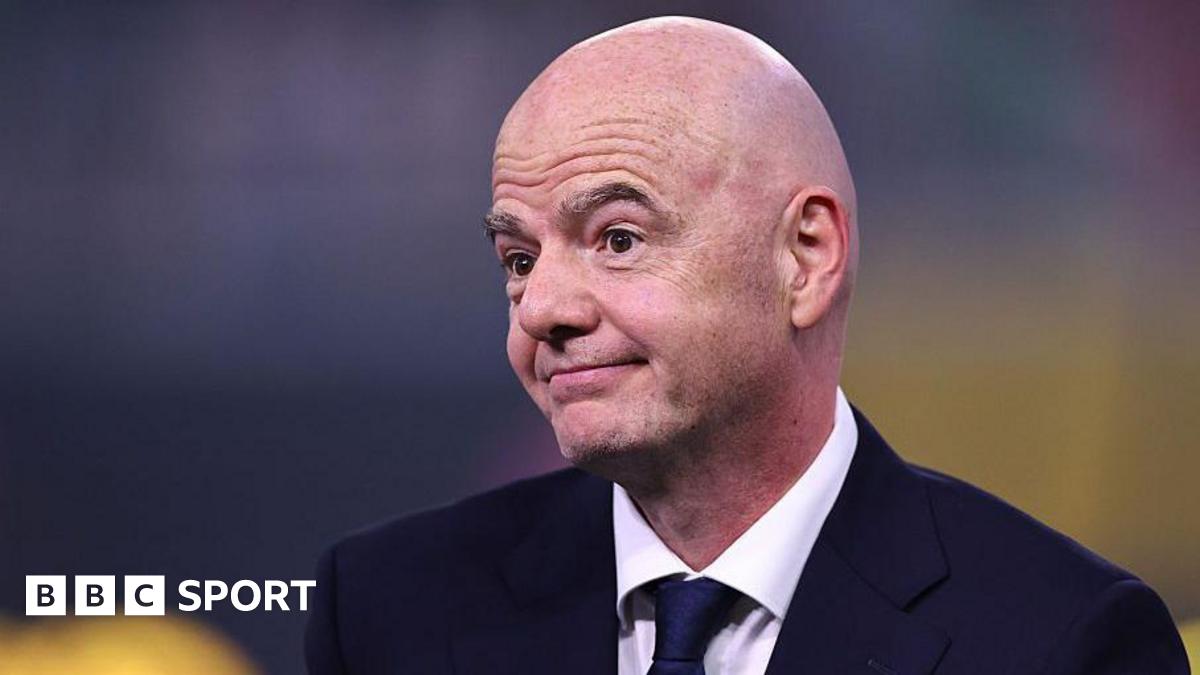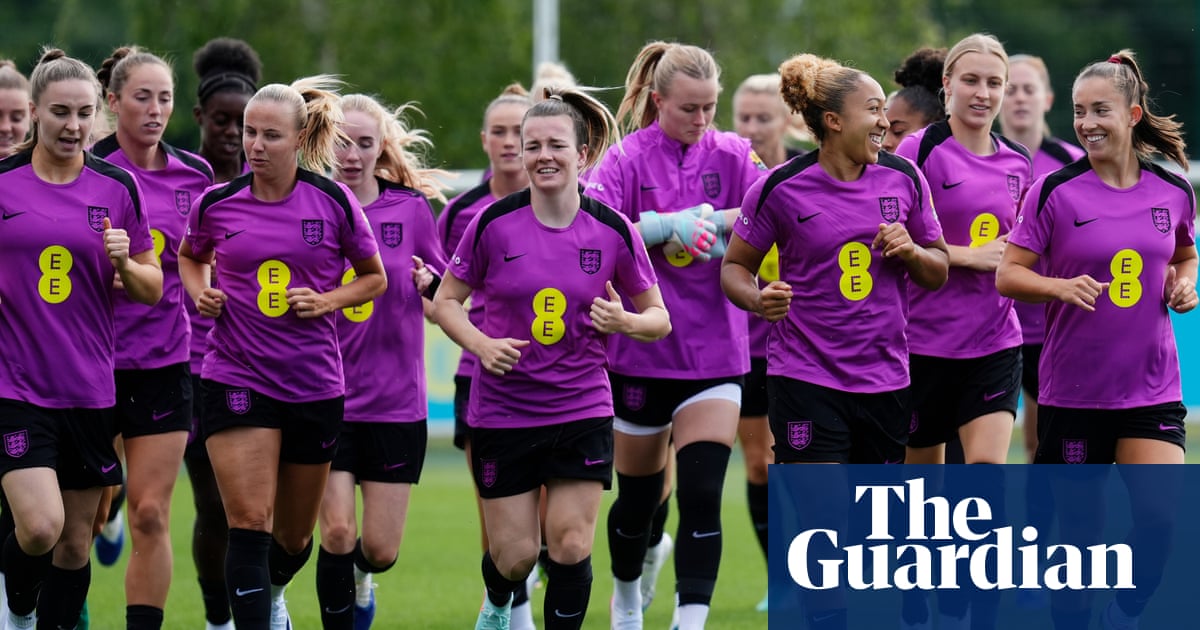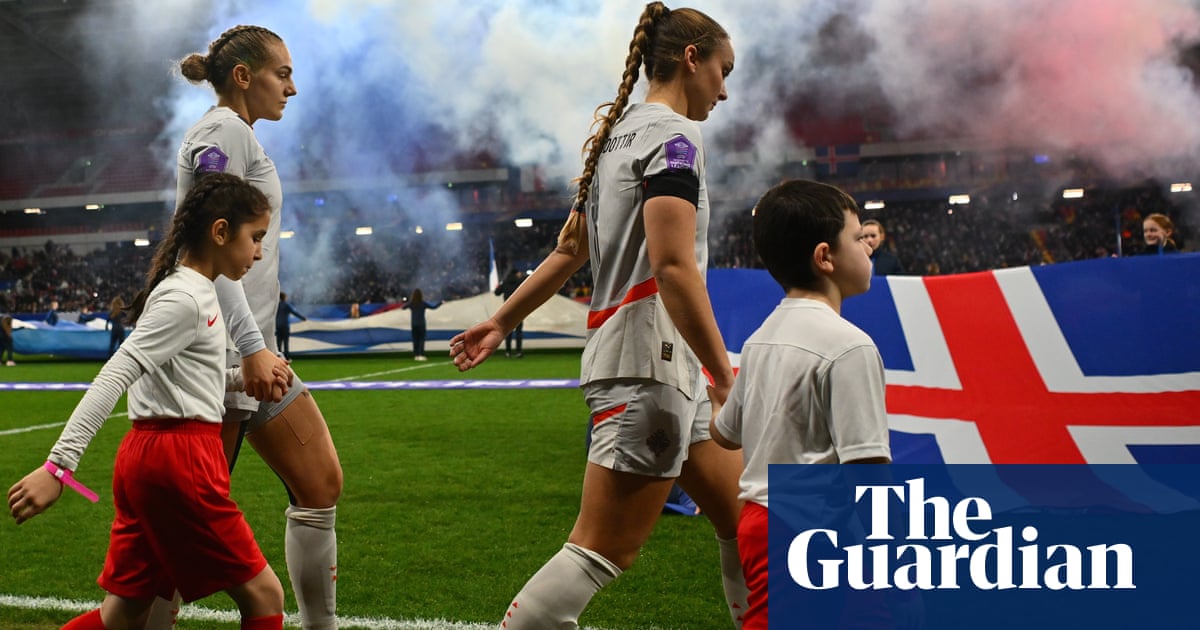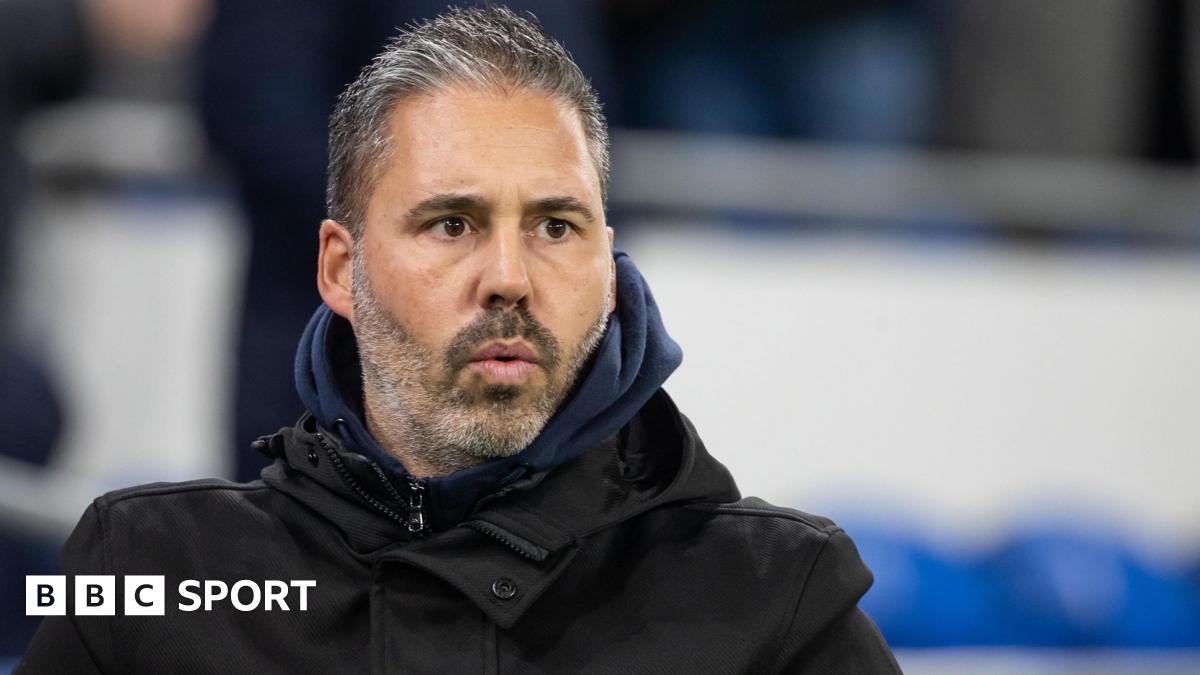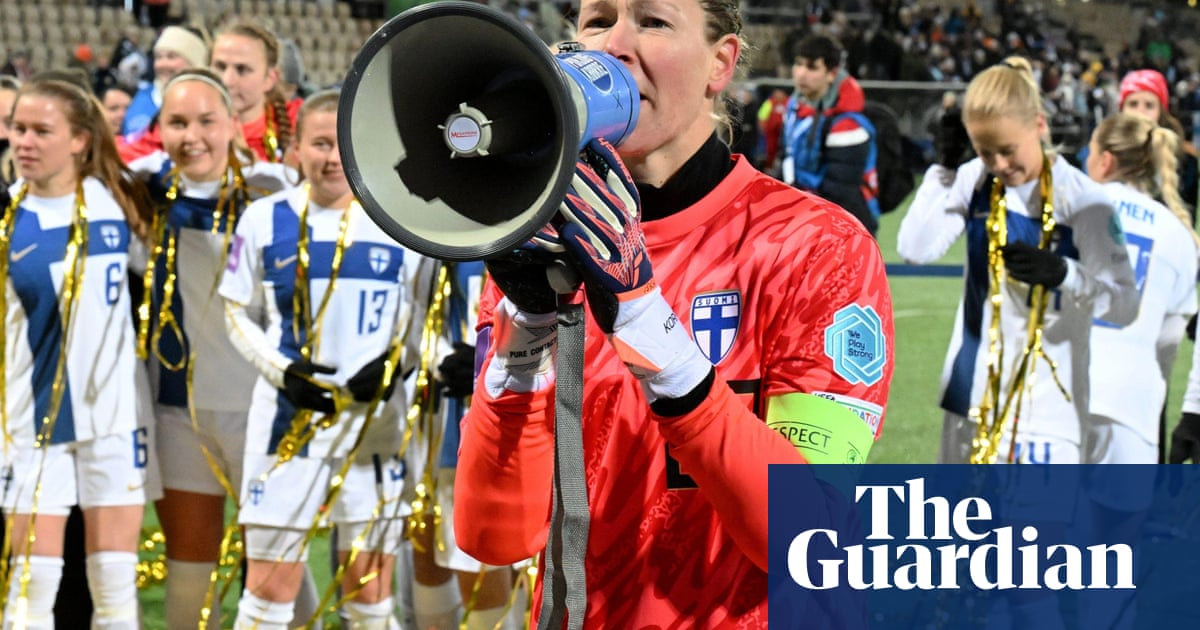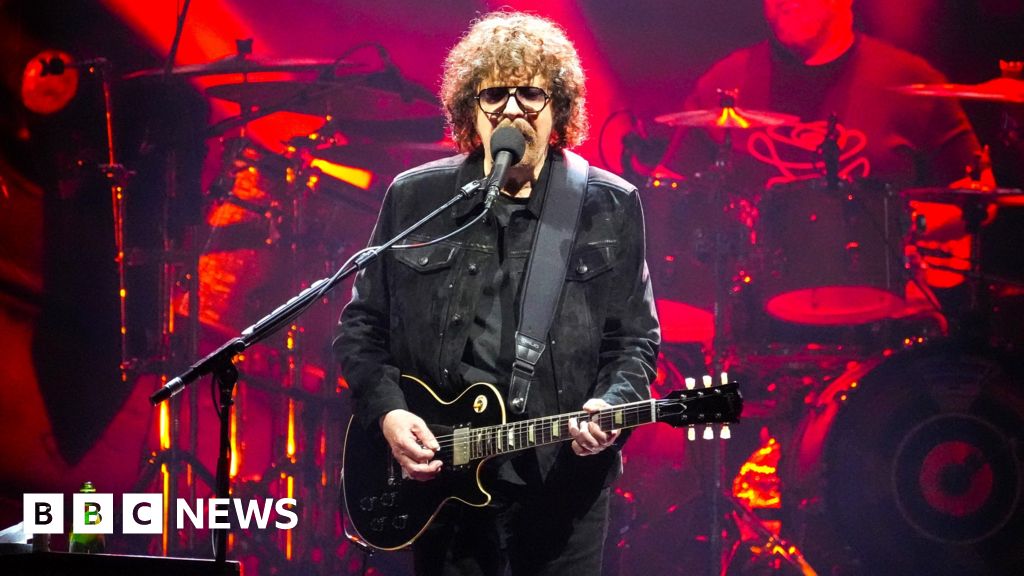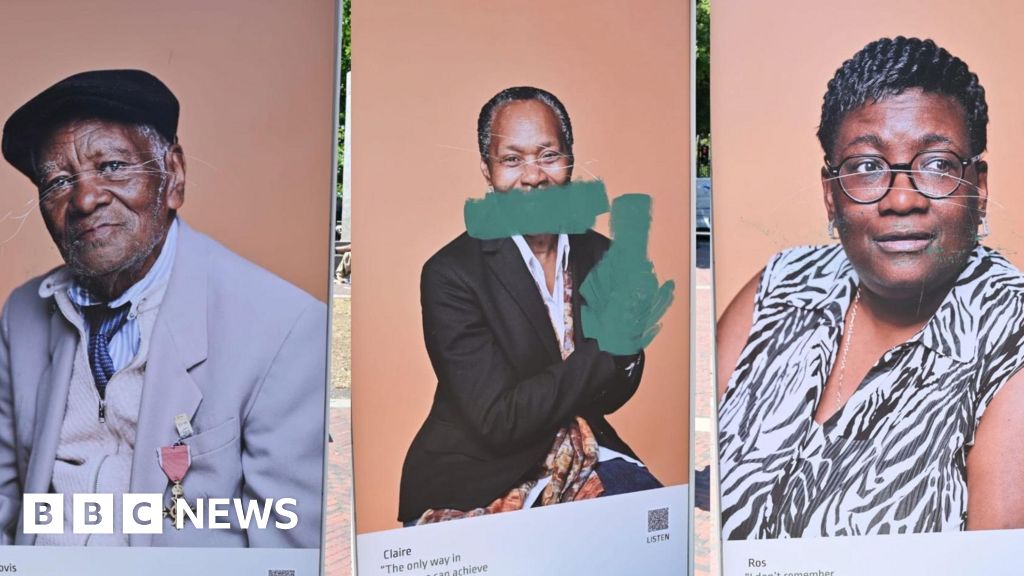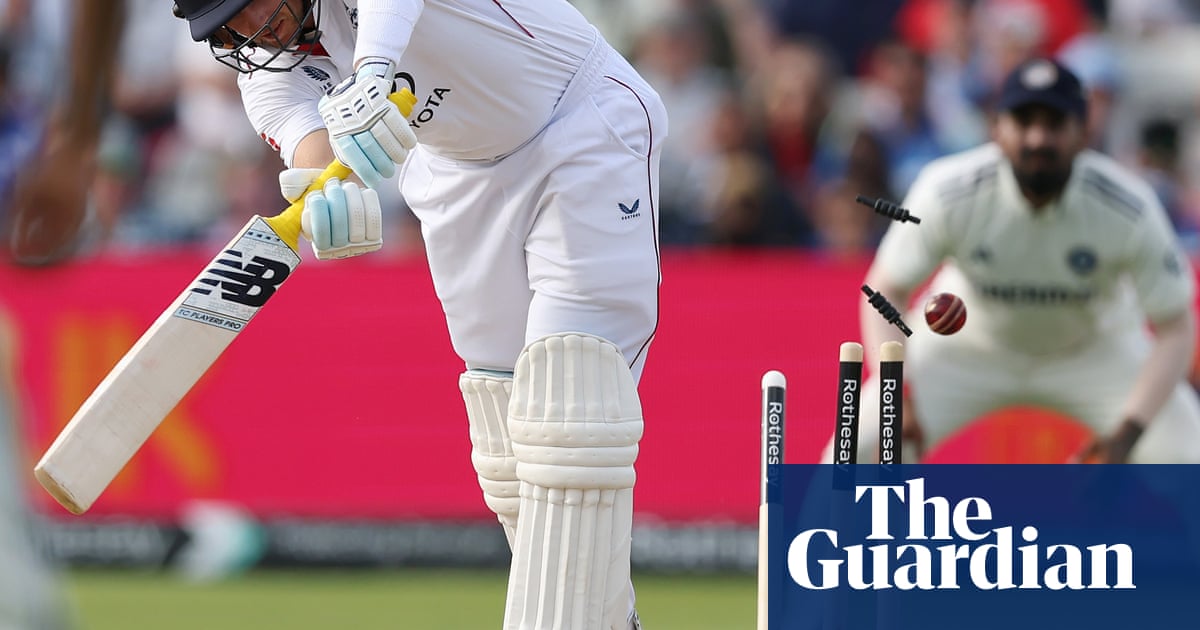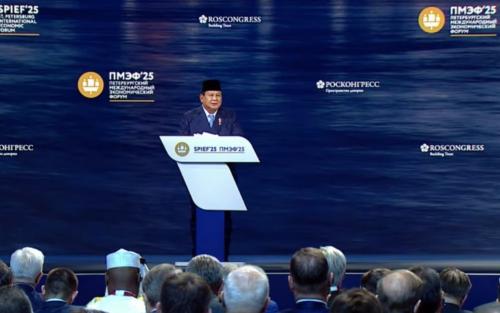When Matt Ross took the Nepal national football team job earlier this year, he knew there would be tough times ahead. Nepal’s mountainous terrain draws millions of tourists each year, but it has also made sporting progress difficult.
Hamstrung by its terrain, football pitches are so scarce that the main national competition – the Nepal Super League – must be played over one month at a single venue: the Dasharath Stadium in Kathmandu.
But over the last month, the Australian coach has had to deal with far more serious concerns than fragile football infrastructure.
In early September, anger over a sweeping government ban on 26 social media platforms – and deeper frustrations over corruption and poor job prospects – brought thousands of young Nepalis on to the streets. The “Gen Z protests” began as a challenge to state censorship but quickly broadened into a wider anti-corruption movement.
“We were on the bus to training ahead of a friendly against Bangladesh when police told us not to go to the stadium,” Ross says. “Then we saw the reports of protests, burned buildings, politicians dragged from houses. The hotel told us to close our curtains but I looked out and saw the building next door on fire.”
The unrest escalated quickly and the Nepal health ministry later confirmed that 72 people were killed and more than 2,100 injured after security forces opened fire on protesters. The Bangladesh game – the second of a double-header after a 0-0 draw on 6 September – was unsurprisingly called off.
Ross was left to manage a delicate situation. While many of the Nepal squad sympathise with the protesters, several players have strong associations with the police and military, whose response drew sharp criticism from the United Nations and Amnesty International.
“Our kit man’s nephew went to the protests; he was wearing his school uniform and he was shot dead,” Ross says. “Even if the game had gone ahead we were in no mental position to play. It is complex. We had been surrounded by smoke and sirens and chanting. It was confronting because it’s the kind of thing you see on TV in other places – and then you realise you’re in the middle of it and quite helpless.”
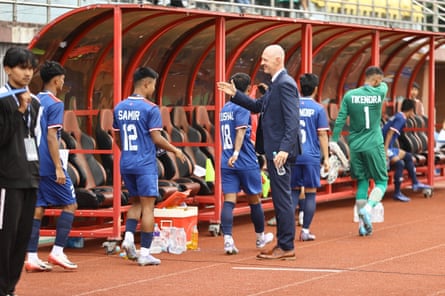
Ross had previously planned to meet his wife and family in Europe after the game and made the difficult decision to go ahead with the trip – though he was in constant contact with his players and backroom staff.
“I felt a lot like a worried parent in those days – asking them to call when they reached their families around the country,” he says. “Asking how their mums and dads were, how their home village was. A lot of the boys are understandably still affected by it.”
Ross returned to Nepal 10 days later with a renewed sense of purpose.
Since being appointed, the Australian has been working tirelessly to build foundations for the long-term growth of football in the country. His own coaching career has been firmly grounded in development; beginning with women’s and youth football in Germany, before spells in China, South Korea, Saudi Arabia and the UAE.
after newsletter promotion
Nepal represents Ross’ first foray into senior men’s football and while progress has been gradual, rather than explosive, Nepal’s trajectory is undoubtedly upward.
“We’re not ranked 175 in the world for nothing,” Ross says. “I’m here to win games and change that mindset. There’s talent – with the ball at their feet they’re as good as the players I’ve worked with before. What they lack is the tactical building blocks you get from a proper academy system and the mindset that comes with that.
“Players bounce around the country playing week-long cash-in-hand tournaments, signing two-week contracts. It’s not ideal to build a football culture or a national team. I’m actively trying to get players to India, Cambodia, Malaysia, Singapore – anywhere they can play professionally.”
Ross exudes a quiet authority that owes much to his earliest days in football as a referee. As a teenager, he had designs on officiating at a World Cup, but after suffering a serious knee injury, he switched to coaching.
His steady demeanour has proved especially valuable amid the off-pitch chaos of recent weeks. Now, his focus is on using football as a unifying presence ahead of back-to-back Asian Cup qualifiers against Vietnam this week. In the wake of September’s protests in Nepal, both matches will now be played in Ho Chi Minh City.
It is a daunting assignment. Nepal sit bottom of a qualifying group that also features Malaysia and Laos. Although, the All Nepal Football Association has filed a complaint against Malaysia, after La’Vere Corbin-Ong, one of the goal-scorers in Malaysia’s 2-0 win over Nepal in March, was ruled ineligible by Fifa – meaning the result could be overturned.
Still, with only the group winner guaranteed a place at the 2027 Asian Cup and Vietnam boasting greater continental pedigree, even a single point from October’s games would be a significant achievement for Nepal and their coach.
“There’s a big sense of duty now,” Ross says. “It’s not about asking the country to support us – we need to give something to them. No one is expecting us to do anything over the two games.
“It’s not about tactics or even fitness; it’s about the emotions and what we’re playing for. I need to drive that home so we can do something magical in one or both matches. We need to come home with something.”
.png)
 1 week ago
14
1 week ago
14





